 Shutterstock
Shutterstock
Adopting a dog is a rewarding experience, but knowing what to look for is essential. Not every dog that tugs at your heart will be the right fit for your home, and some behaviors or health issues can signal future challenges. While every dog deserves love, there are red flags to be aware of so you can make an informed decision. These signs don’t mean a dog is unadoptable, but they can help you prepare for potential hurdles and ensure a smooth transition into your family.
Aggressive Behavior Towards People
 Shutterstock
Shutterstock
Aggression is one of the biggest red flags when adopting a dog. If a dog shows signs of growling, snapping, or biting when approached by humans, it’s important to address this before bringing it into a home environment. Aggression can stem from fear, poor socialization, or past trauma. While some cases can be managed with training and professional help, adopting a dog with aggressive tendencies toward people requires serious consideration and commitment. This red flag should not be overlooked if you have children or frequent visitors.
Excessive Fear or Anxiety
 Shutterstock
Shutterstock
Dogs that display extreme fear or anxiety, such as trembling, hiding, or avoiding all human contact, may have experienced trauma or a lack of socialization. While patience and love can help these dogs gradually come out of their shells, excessive fear is a red flag because it can make training difficult and hinder bonding. Dogs with severe anxiety may also have trouble adjusting to new environments and routines. Be prepared to provide a lot of time, understanding, and possibly professional help if you adopt a dog showing signs of extreme anxiety.
Unpredictable Aggression Toward Other Animals
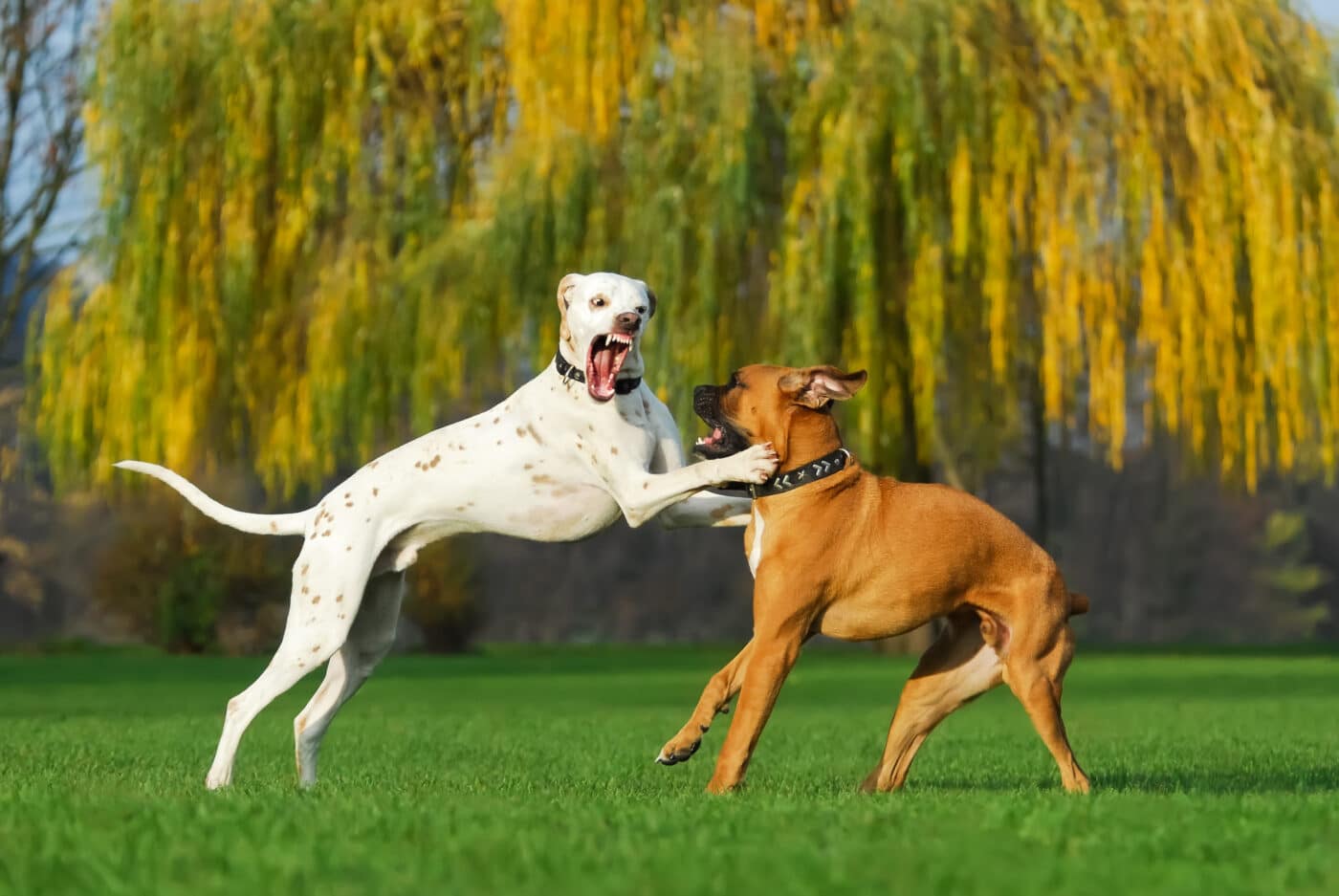 Shutterstock
Shutterstock
If a dog shows aggression toward other animals, especially unpredictably, it could make multi-pet households challenging. Signs to watch for include lunging, growling, or baring teeth at other dogs or cats. This behavior can stem from poor socialization, possessiveness, or a history of negative interactions with other animals. Aggression towards other animals can often be worked on through behavioral training. Still, it’s a red flag to consider if you already have pets or plan to introduce your new dog to social situations, such as dog parks.
A History of Biting
 Shutterstock
Shutterstock
A dog with a known history of biting is a major red flag. This behavior needs careful evaluation to determine whether the biting was directed at humans or other animals. It’s essential to understand the circumstances surrounding the bite incidents—were they provoked, fearful, or the result of guarding behavior? Dogs who have been bitten in the past can often be rehabilitated, but it requires professional intervention and a lot of dedication from the owner. If you’re not prepared to take on a dog with such challenges, it’s best to reconsider.
Extreme Guarding Behavior
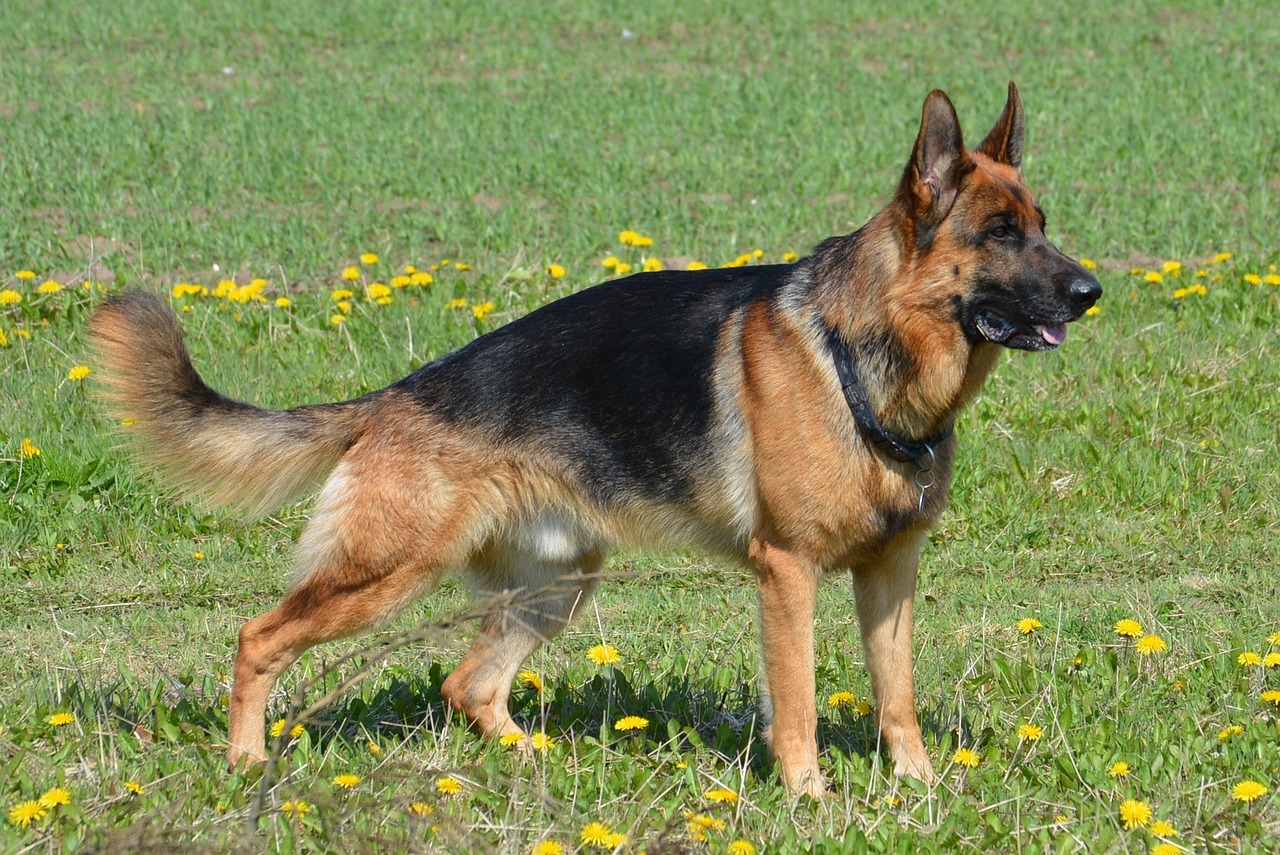 Shutterstock
Shutterstock
Dogs with extreme guarding tendencies can be difficult to manage, especially in a home with children or other pets. Guarding behavior includes growling or snapping when someone approaches their food, toys, or resting area. While mild resource guarding is relatively common and manageable, extreme guarding behavior can escalate into aggression. If a dog shows this red flag during your interactions with them, consider whether you’re ready for the time and effort it takes to modify this behavior through training.
Lack of Socialization
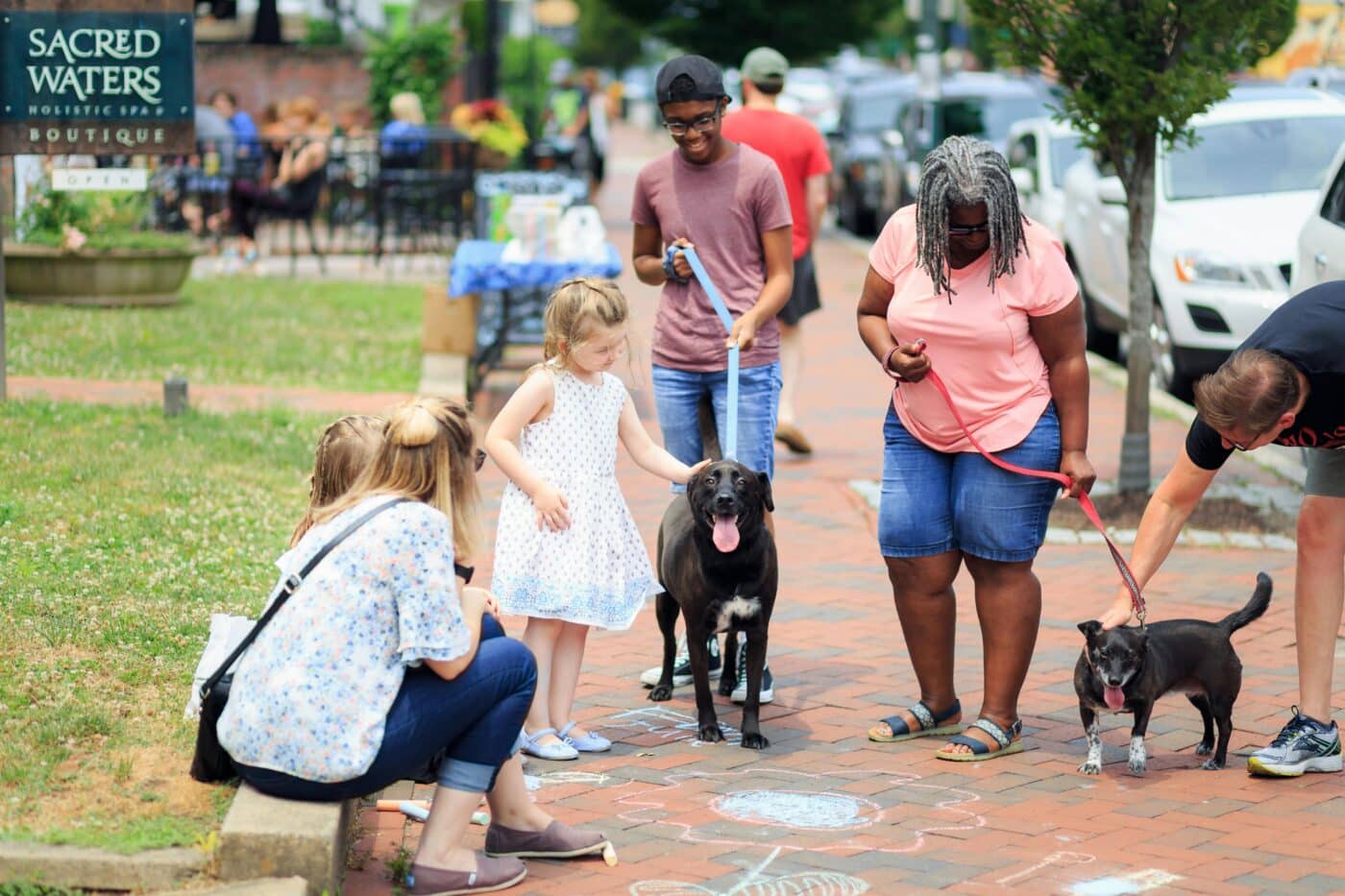 Shutterstock
Shutterstock
If a dog has not been socialized with people, other dogs, or different environments, this can lead to behavioral problems down the line. A lack of socialization can result in fear-based behaviors, aggression, or excessive anxiety in new situations. Dogs that have spent their entire lives in a shelter or were never exposed to various stimuli might struggle to adjust to normal household activities. This red flag is important to recognize because socialization is a crucial part of a dog’s development, and the lack of it may require specialized training to overcome.
Persistent Health Issues
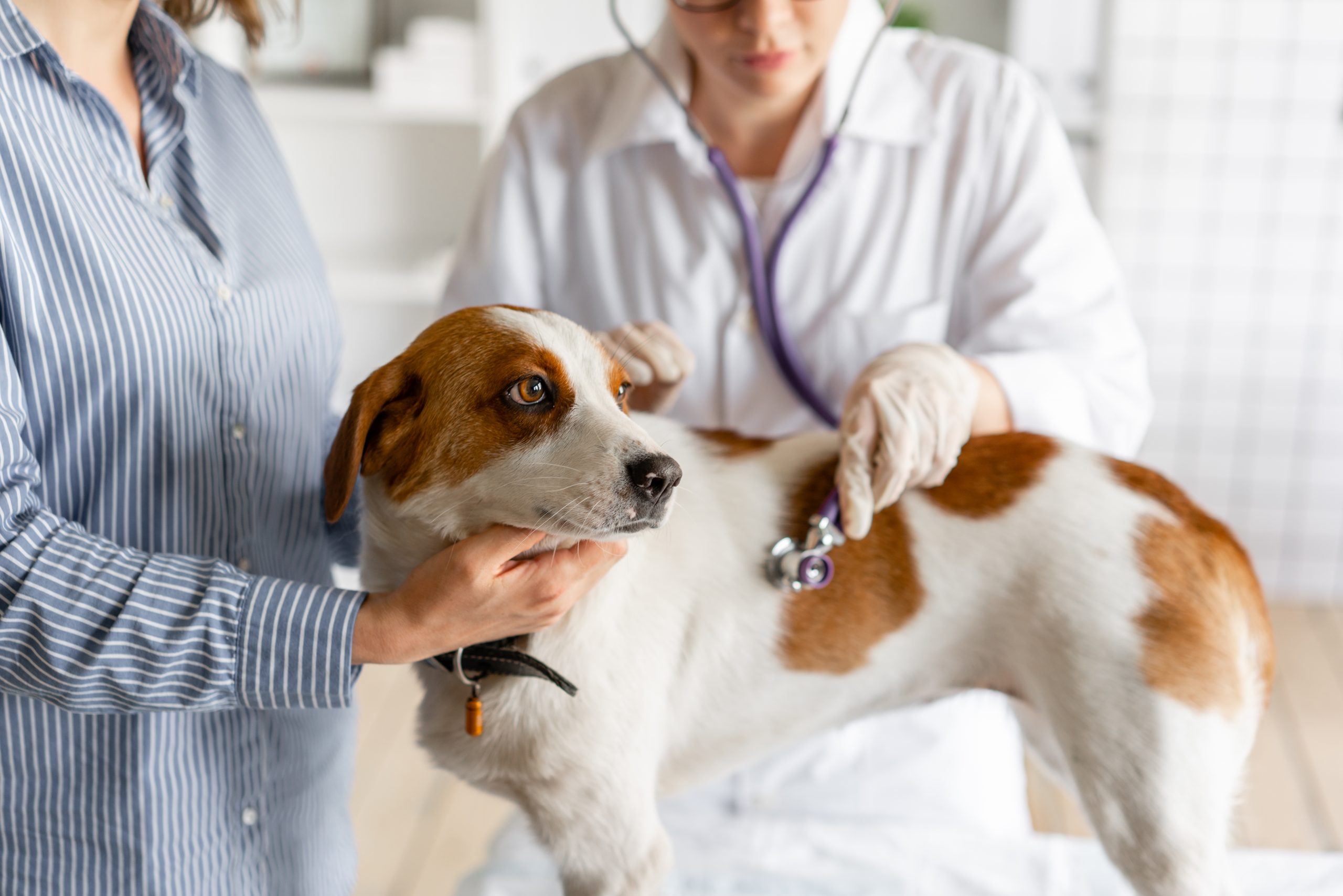 Shutterstock
Shutterstock
Adopting a dog with persistent health issues can be a rewarding experience, but it’s important to be fully aware of the challenges it brings. Chronic health problems such as skin conditions, joint issues, or gastrointestinal problems can lead to ongoing vet visits and medication costs. Some dogs may need lifelong treatments or specialized care. While health issues shouldn’t automatically deter you from adopting, it’s a red flag that requires careful consideration, especially if you’re not prepared for the financial and emotional commitment of caring for a dog with chronic health conditions.
Overly Submissive or Shut-Down Behavior
 Shutterstock
Shutterstock
A dog that displays overly submissive behavior—such as cowering, freezing, or urinating when approached—may have experienced past trauma or abuse. While many of these dogs can be rehabilitated with patience and care, it’s a sign that they may take longer to adjust to a new home. Dogs that are shut down emotionally may struggle with bonding or interacting with people. It’s a red flag, especially if you want a more confident, outgoing companion. Rehabilitation is possible, but it requires extra time, patience, and sometimes professional help.
Inconsistent Behavior
 Shutterstock
Shutterstock
Inconsistent behavior is a significant red flag when adopting a dog. A dog that seems happy and friendly one moment, only to suddenly become fearful or aggressive, may have deeper emotional or neurological issues. This inconsistency can make it challenging to predict how the dog will react in different situations, potentially leading to unsafe environments for the dog and the family. Dogs with inconsistent behavior might have experienced trauma, or they could be dealing with cognitive issues that require professional attention.
Untrained and Hyperactive
 Shutterstock
Shutterstock
While lack of training is not necessarily a deal-breaker, an untrained and extremely hyperactive dog can be a challenging addition to your home. Untrained dogs may not have basic manners, such as walking on a leash, refraining from jumping on people, or coming when called. Combined with high energy levels, this can create a chaotic environment. If you’re adopting a dog that displays these traits, be prepared to invest significant time in training and exercise. Without proper guidance, this red flag can lead to frustration for you and the dog.
Frequent Barking or Whining
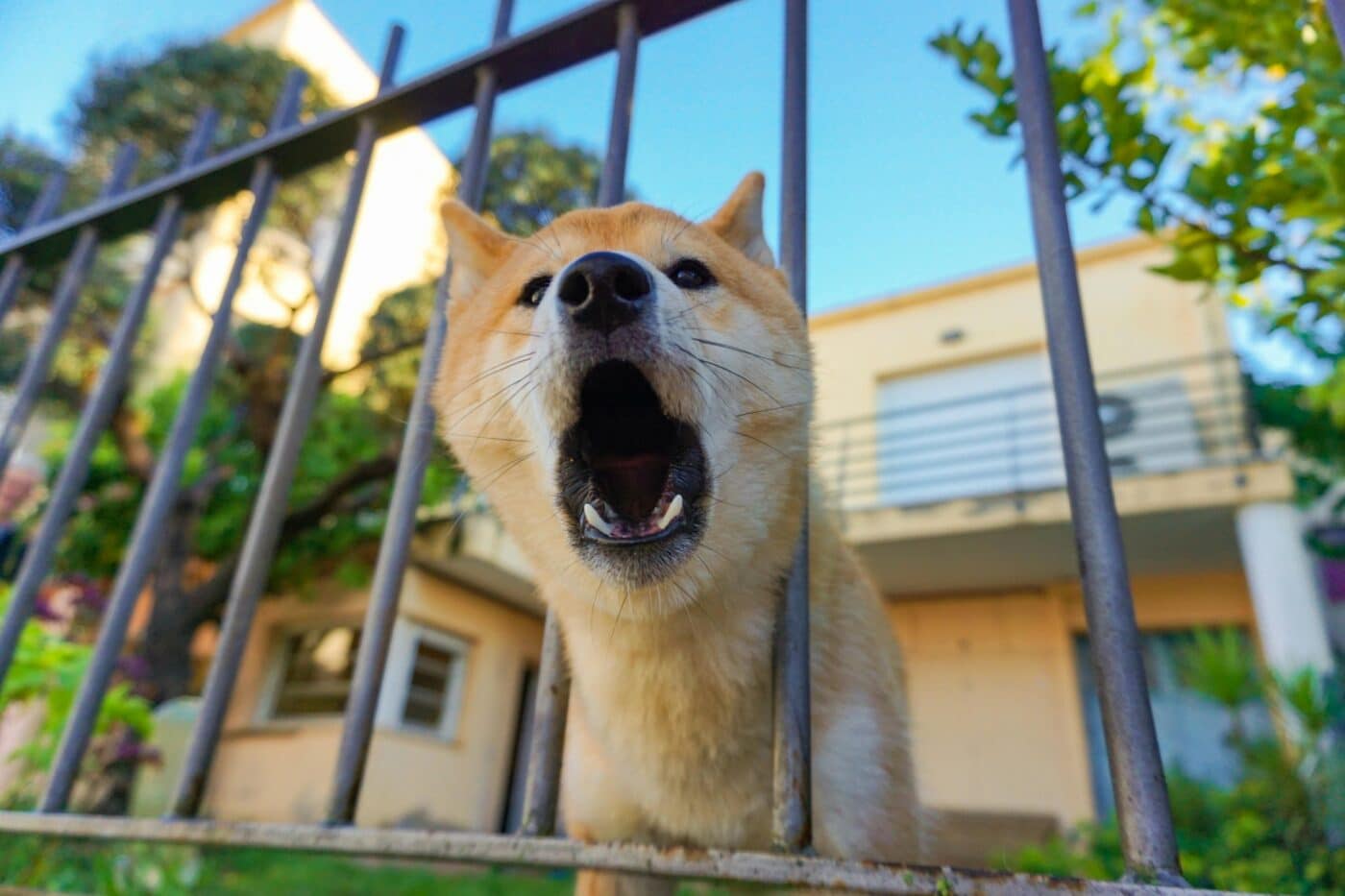 Shutterstock
Shutterstock
Excessive barking or whining can signal underlying behavioral issues or anxiety. Dogs that bark frequently may try to alert you to something, seek attention, or feel anxious in new environments. While barking is natural, constant barking can become problematic in a home setting, especially if you have close neighbors. It’s important to identify the root cause of the barking and whether it can be managed through training or if it’s a sign of a deeper issue, such as separation anxiety.
Signs of Neglect or Abuse
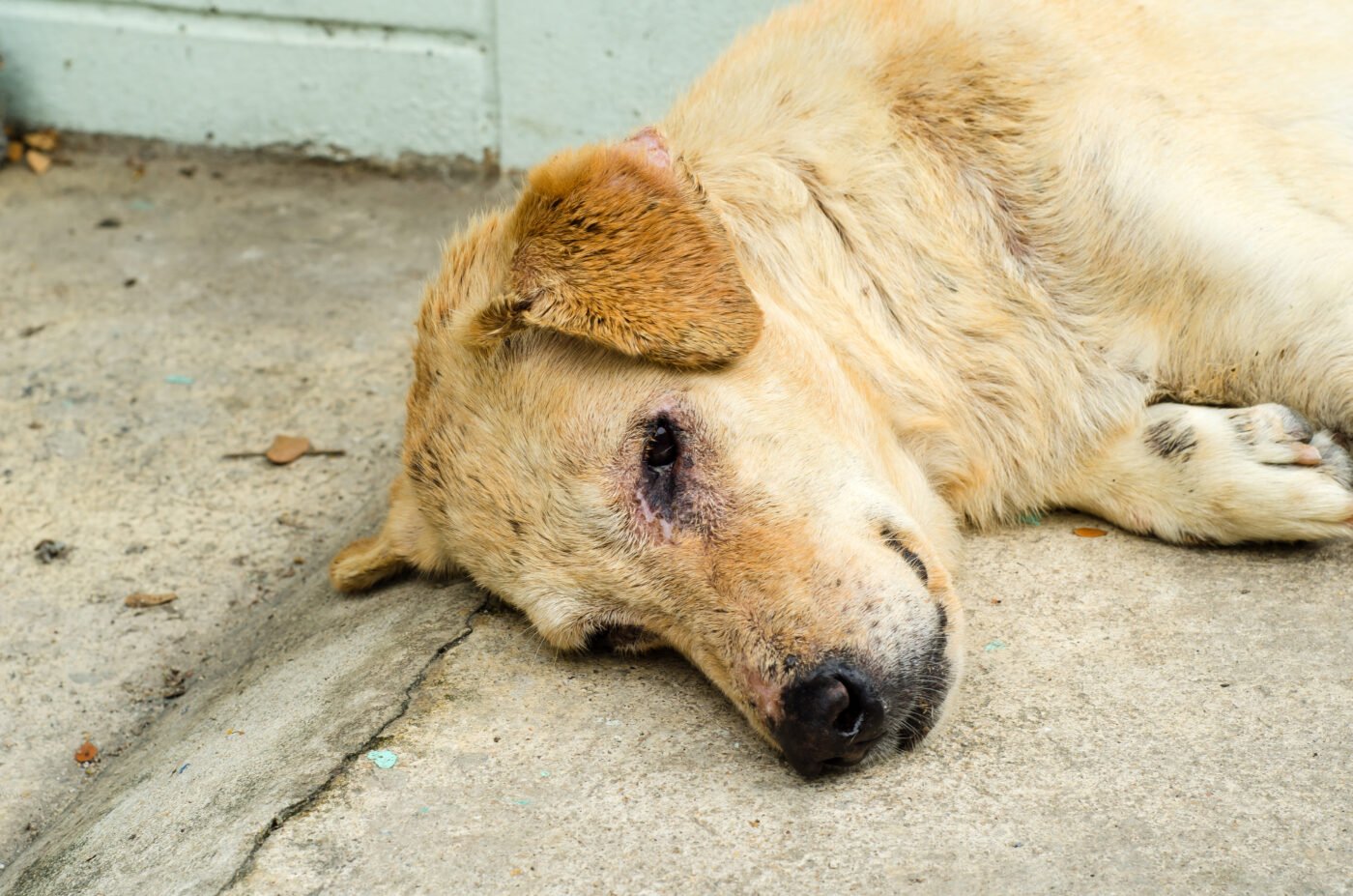 Shutterstock
Shutterstock
If a dog shows physical signs of neglect or abuse, such as scars, malnourishment, or fear of human touch, they may have significant emotional scars as well. These dogs may require extra patience and specialized care to help them overcome their past experiences. While adopting a dog from an abusive background can be incredibly rewarding, it’s a major red flag in terms of the time, patience, and commitment required to help them heal. Be prepared for behavioral challenges that may take months or even years to work through.
Overdependence or Clinginess
 Shutterstock
Shutterstock
While it’s heartwarming to adopt a dog that always wants to be by your side, extreme clinginess can be a red flag for separation anxiety. Dogs that exhibit overdependence may panic when left alone, destroying furniture, barking excessively, or even harming themselves in an attempt to escape. Separation anxiety is a challenging behavioral issue to manage and often requires professional help. If a dog is overly clingy during the adoption process, assessing whether you have the time and resources to help them through this anxiety-driven behavior is important.
Incomplete Medical Records or Unknown History
 Shutterstock
Shutterstock
When adopting a dog, it’s important to clearly understand their medical history. This is a red flag if a shelter or rescue cannot provide you with complete medical records. Unknown histories may hide past medical conditions or behavioral issues that could resurface later. Additionally, you could face unexpected veterinary costs if the dog’s vaccination or spay/neuter status is unclear. Before adopting, ask for all available medical information to avoid surprises after bringing the dog home.
Uninterested in Play or Interaction
 Shutterstock
Shutterstock
A dog that seems uninterested in play, interaction, or toys could be dealing with emotional or physical issues. While not all dogs are naturally playful, a complete lack of interest in engaging with people or other animals could indicate depression, illness, or past trauma. This red flag is particularly important to consider if you’re adopting a dog to be an active companion. Lack of engagement could indicate that the dog needs significant emotional support, rehabilitation, or medical treatment to return to a healthy, interactive state.
The Doggone Truth About Red Flags
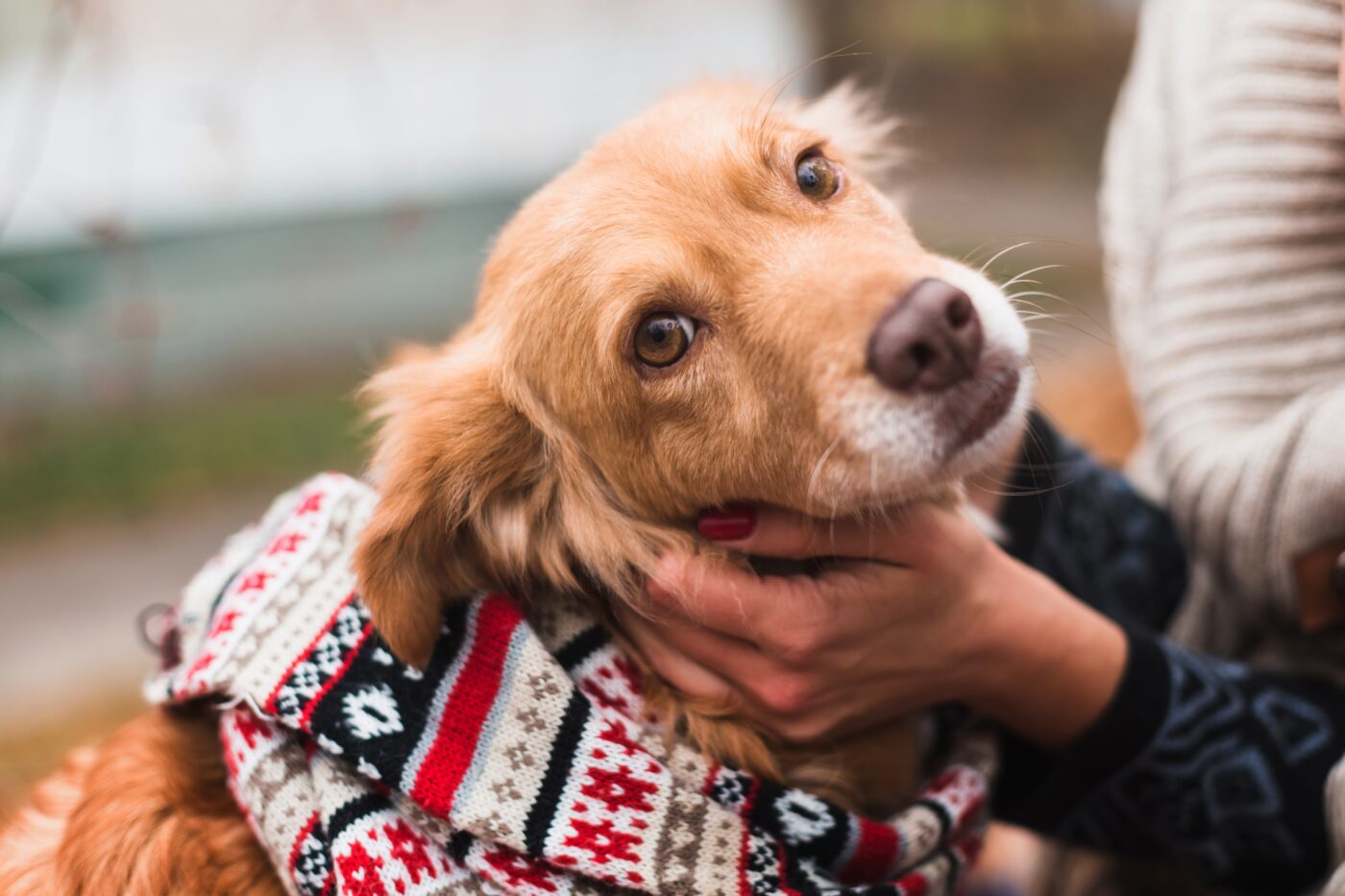 Shutterstock
Shutterstock
Adopting a dog is a beautiful journey, but knowing potential red flags is important to ensure a good fit for your home. While every dog deserves love, understanding the challenges you might face can help set you up for success. Being prepared to address these challenges will make the transition smoother, whether it’s health issues, behavioral concerns, or lack of socialization. So, as you dance through the adoption process, watch for these red flags—and remember that with the right care, any dog can become the perfect partner!
 Toledo, United States.
Toledo, United States.